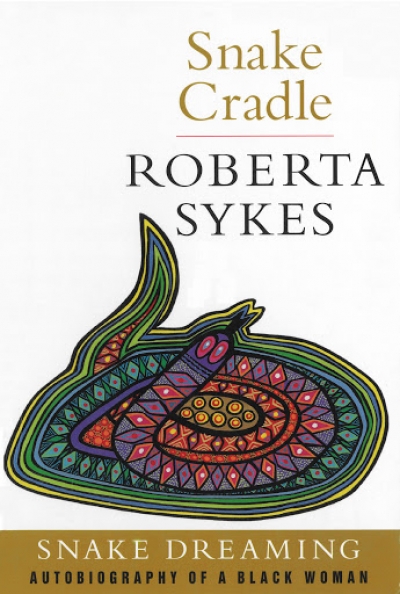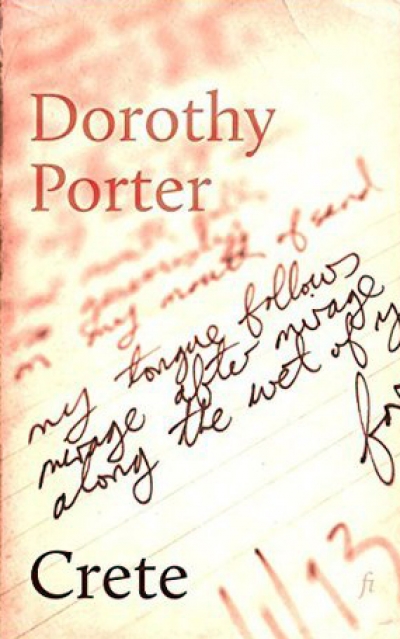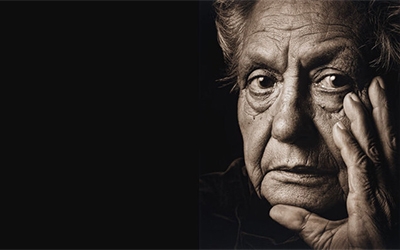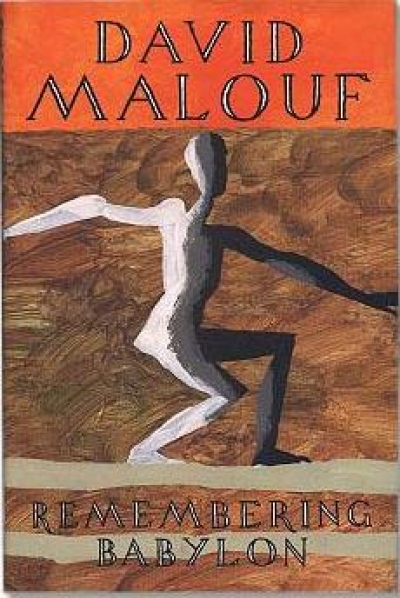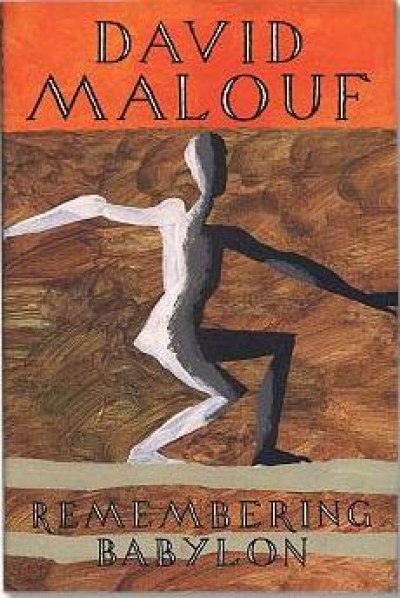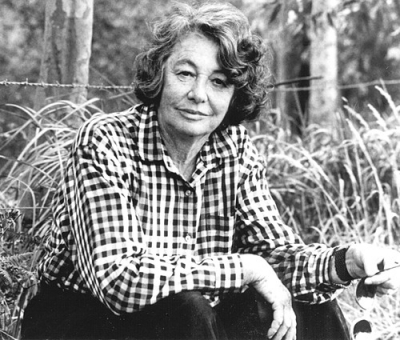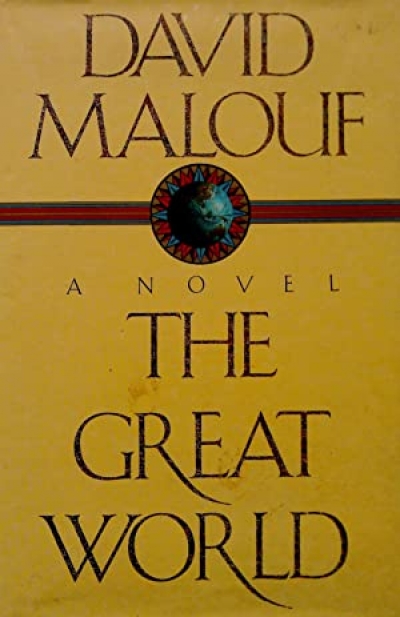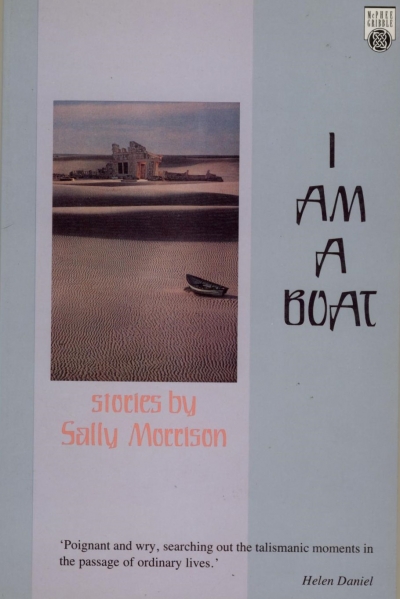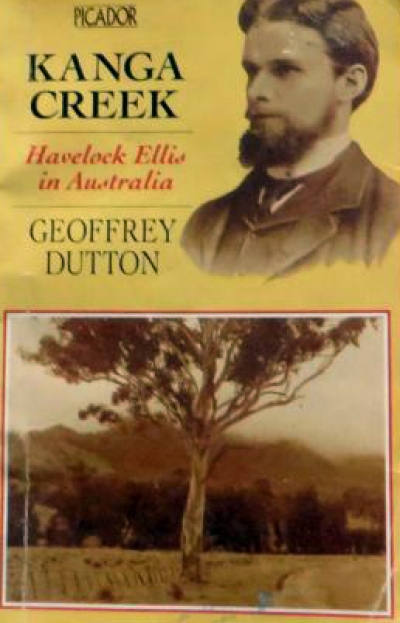From the Archive
Sign up to From the Archive and receive a new review to your inbox every Monday. Always free to read.
Recent:
Snake Cradle: Autobiography of a black woman by Roberta Sykes
Despite the importance of her poetry and prose, Oodgeroo’s experiences were much more than a catalogue of achievements in European terms. Her life, often hard fought, was one of enjoyment as well as pain, of laughter as well as sorrow. Oodgeroo had a wonderful sense of humour; it was, like the title of Ruby Langford’s latest book, ‘real deadly’. She was always able to use this to advantage, to embarrass stuffy politicos, to get action, to explode stereotypes of Aboriginal people. At the same time, she related to young people better than anyone else I have ever met. She told stories, she entertained, she challenged and always threw down the gauntlet. I’ll never forget the day she was involved in a radio hook-up with children from all over Queensland and was coaching aspiring young poets over the phone: ‘That’s a great piece – now you keep writing! Never forget; you do what your teachers say, because knowledge is power. Now, go out and get some!’
... (read more)Modern Australians live of course in a concourse or babble of discourses. We make our way through the bubble-and-squeak of chopped-up value systems. There is no tall hierarchy of speakings, no league ladder. Nor is there anything as redgum-solid as permanence; if anything, transience is taken as proof of the genuine.
... (read more)In the thirty or so years that she has been publishing fiction, Thea Astley has mapped out a literary territory very clearly her own, a territory that is defined in the first place by regional geography.
... (read more)

